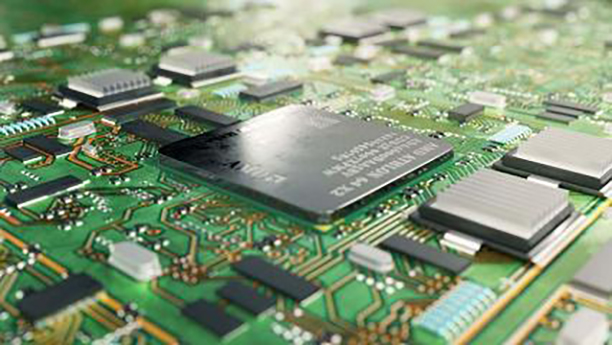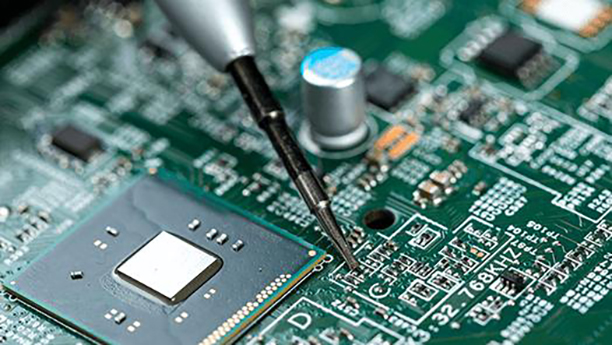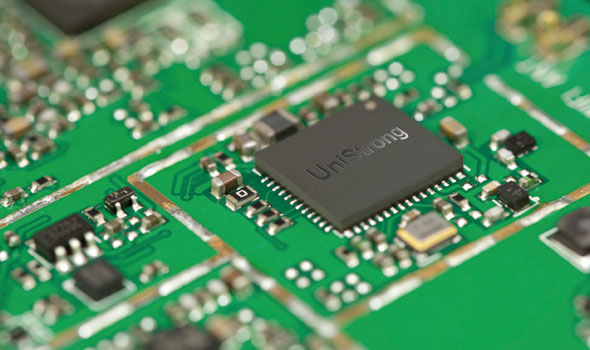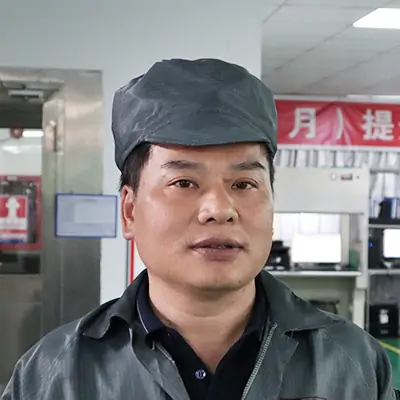Global high-mix volume high-speed PCBA manufacturer
9:00 -18:00, Mon. - Fri. (GMT+8)
9:00 -12:00, Sat. (GMT+8)
(Except Chinese public holidays)
Global high-mix volume high-speed PCBA manufacturer
9:00 -18:00, Mon. - Fri. (GMT+8)
9:00 -12:00, Sat. (GMT+8)
(Except Chinese public holidays)
HomePage > Blog > Knowledge Base > PCB Coating for Best PCBs Performance
For many years PCB coating has been considered an excellent solution for protecting printed circuit boards (PCBs) from various environmental impacts. Radiation, temperature changes, humidity, and other natural causes often cause those impacts.
PCB protective coating enables the circuit board to withstand harsh environments and operate for many years. We use PCBs in industrial, medical, and military applications. Those applications will expose the PCBs and their board components to high temperature and humidity environments.
In such cases, circuit board protective coating could be the perfect solution. In this article, we will cover circuit board coating, different coatings, and how it protects PCBs.

PCB protective coating refers to the finishing material applied on top of the circuit board at the end of the PCB production. Circuit board coating consists of multiple combinations of chemicals. However, all layers serve the same purpose – to protect the PCB from damage.
PCB manufacturers often apply PCB paint by spraying the circuit board using a designated PCB coating spray. Customers often choose to apply the coating by the end of the pcba process, which will protect components and electronic parts.
The PCBA protective coating sometimes has other purposes. Waterproofing the board or ensuring the PCB design integrity is often a good reason to coat your PCB.
The widespread use of PCB coating prevents corrosion due to environmental impact. By applying the PCB coat spray, the circuit board can operate for many years uninterruptedly.
PCB paint can strongly isolate the PCB and PCBA from environmental effects. Insulating from external forces such as temperature, radiation, and vibration will improve the product’s lifespan and quality.
The resin coating, often called solvent acrylic acid, is commonly used on PCBs. There are multiple considerations to do when it comes to choosing whether you should use resin coating. Typically, the advantages overcome the disadvantages of this particular PCB spray paint and its applications. However, some disadvantages require attention, especially for industrial applications exposed to high temperatures and humidity.
Some of the Resin coating advantages include the following:
Although not many, we should mention the disadvantages of using such coating as well:

Manufacturers apply Epoxy to enhance PCB durability. Although more expensive than Resin coating, Epoxy can provide higher durability for industrial uses. Such applications include air conditioning, fog machines, industrial fridges, and more.
Epoxy raisin has insulating properties. The epoxy resin advantages include:

The organic PCB paint coating is suitable for components that can resist high temperatures and frequencies. High-frequency printed circuit boards are optimal for such layers. The organic coating makes a perfect choice for industrial, medical, and military applications. Manufacturers consider Organic PCB coating to be quite expensive for consumers to use.
Some of the Organic silicon PCB coating advantages include:
The Organic silicon coating disadvantages include vulnerability to mechanical changes such as vibrations. The coating surface is easily scratched and damaged by touching other surfaces. If the PCB is in the open air, it won’t be a good idea to use Organic silicon. However, it could work for closed enclosures in indoor applications.
Polyurethane is a synthetic material used to coat and protect different types of surfaces. Polyurethane applies to many applications, both for industrial and consumer goods. The coating is often used for applications without strict application requirements.
The advantages of polyurethane coating might not seem like much, but they can do wonders once applied to the right project. The coating abilities include the following:
The curing process requires strict control and treatment. Too much curing will affect the PCB color and turn it yellow. High curing temperature could affect the PCB in unexpected ways, reading the quality and performance of the final product.
This article covered many types of PCB coatings, both for industrial and consumer goods. The PCB paint should be selected based on application-specific purposes. Some coating will require high-temperature resistance while others don’t.
Different applications will have additional requirements for circuit board coating. When choosing a suitable PCB coating, always consider the final application whether it’s industrial, consumer-based, or medical and military-grade.
If you wonder what coating is best for your PCB, we at PCBasic can help you to choose. PCBasic has dozen of engineers with years of expertise available one click away. As a trusted pcb and pcba assembly supplier manufacturer, we can recommend you the best PCB coating for your application.

Assembly Enquiry
Instant Quote
Phone contact

+86-755-27218592
In addition, we've prepared a Help Center. We recommend checking it before reaching out, as your question and its answer may already be clearly explained there.
Wechat Support

In addition, we've prepared a Help Center. We recommend checking it before reaching out, as your question and its answer may already be clearly explained there.
WhatsApp Support

In addition, we've prepared a Help Center. We recommend checking it before reaching out, as your question and its answer may already be clearly explained there.
